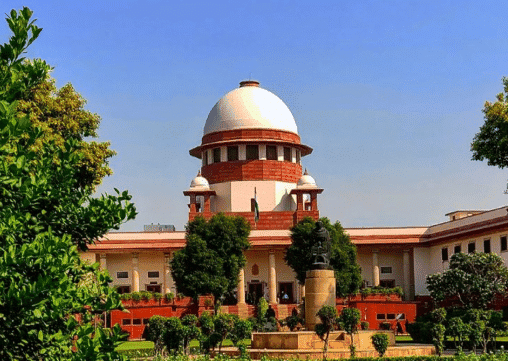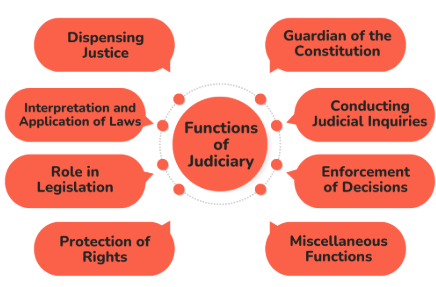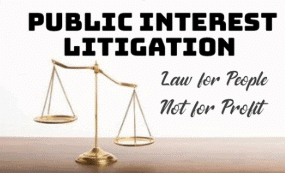|
The Supreme Court of India was established on ___ to replace the Federal Court of India. |
Card: 1 / 32 |
|
True or False: The Constitution of India allows for the establishment of a single integrated judiciary for both Central and State laws. |
Card: 3 / 32 |
|
True |
Card: 4 / 32 |
|
The current limit for the number of judges in the Supreme Court is ___, excluding the Chief Justice. |
Card: 5 / 32 |
|
The Chief Justice of India is appointed based on ___, which is determined by the date of appointment. |
Card: 7 / 32 |
|
The role of the judiciary includes acting as a ___ against violations and ensuring that government branches do not exceed their powers. |
Card: 9 / 32 |
|
True or False: The Constitution of India grants the Supreme Court the authority to issue writs for the enforcement of Fundamental Rights. |
Card: 11 / 32 |
|
True |
Card: 12 / 32 |
|
Fill in the blank: The constitutionally guaranteed right to life and personal liberty is defined under ___ of the Indian Constitution. |
Card: 13 / 32 |
|
What is the primary purpose of Public Interest Litigation (PIL) in the Indian judiciary? |
Card: 15 / 32 |
|
To expand access to justice for marginalized and disadvantaged groups by allowing public-spirited citizens to approach the court on their behalf. |
Card: 16 / 32 |
 Unlock all Flashcards with EduRev Infinity Plan Starting from @ ₹99 only
|
|
True or False: The President of India can seek the Supreme Court's opinion on any matter without any restrictions. |
Card: 17 / 32 |
|
False; the President can only seek the Court's advisory opinion on significant public importance issues. |
Card: 18 / 32 |
|
The process of removing judges from the Supreme Court involves a motion initiated in either house of ___ with a minimum number of members required to sign. |
Card: 19 / 32 |
|
Fill in the blank: The basic structure doctrine was established in the ___ , which limits Parliament's power to amend the Constitution. |
Card: 21 / 32 |
|
Which article of the Indian Constitution establishes the rule of independence for the judiciary? |
Card: 23 / 32 |
|
Fill in the blank: The Judicial Review principle allows courts to declare laws unconstitutional if they violate the ___ set for each branch of government. |
Card: 27 / 32 |
|
True or False: The Supreme Court's advisory opinions are binding on all courts in India. |
Card: 31 / 32 |
|
False; advisory opinions are not binding unless specified. |
Card: 32 / 32 |




























